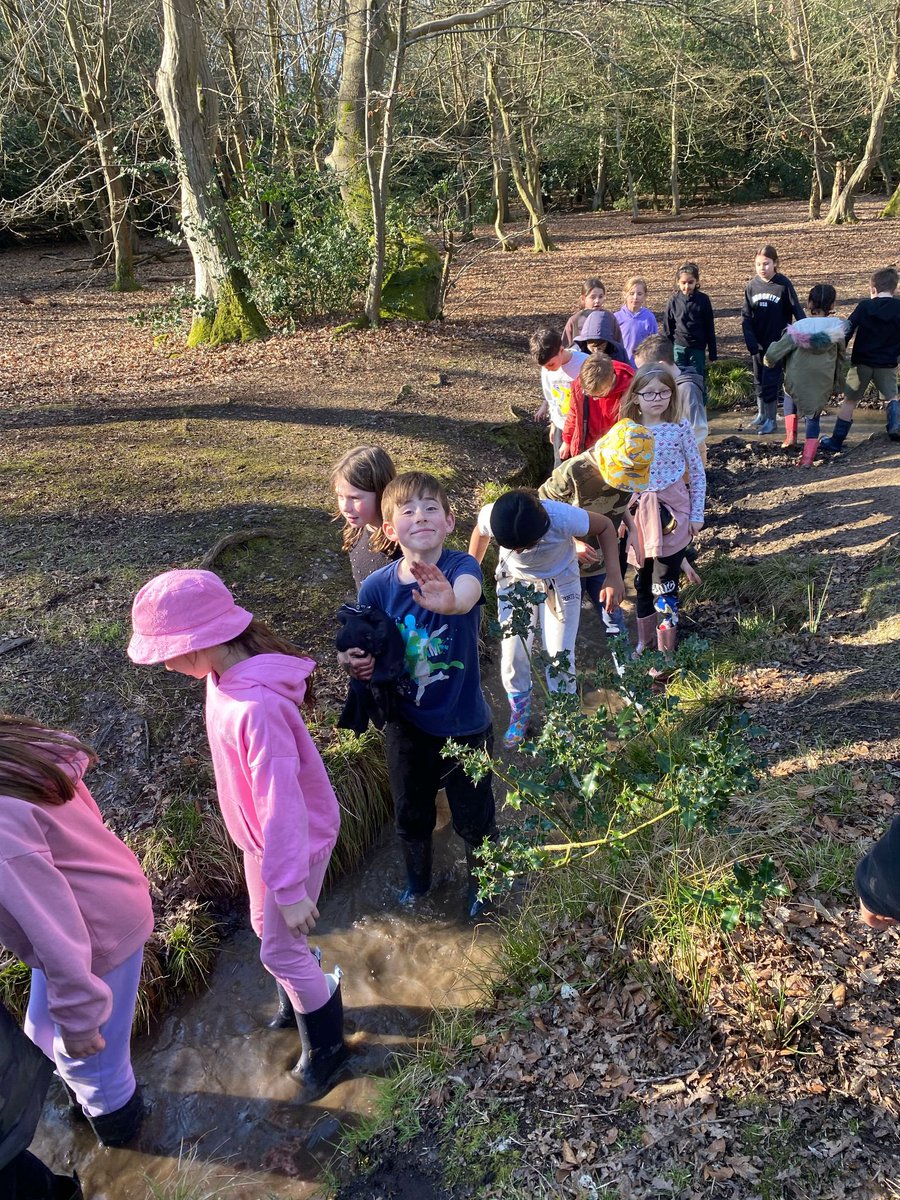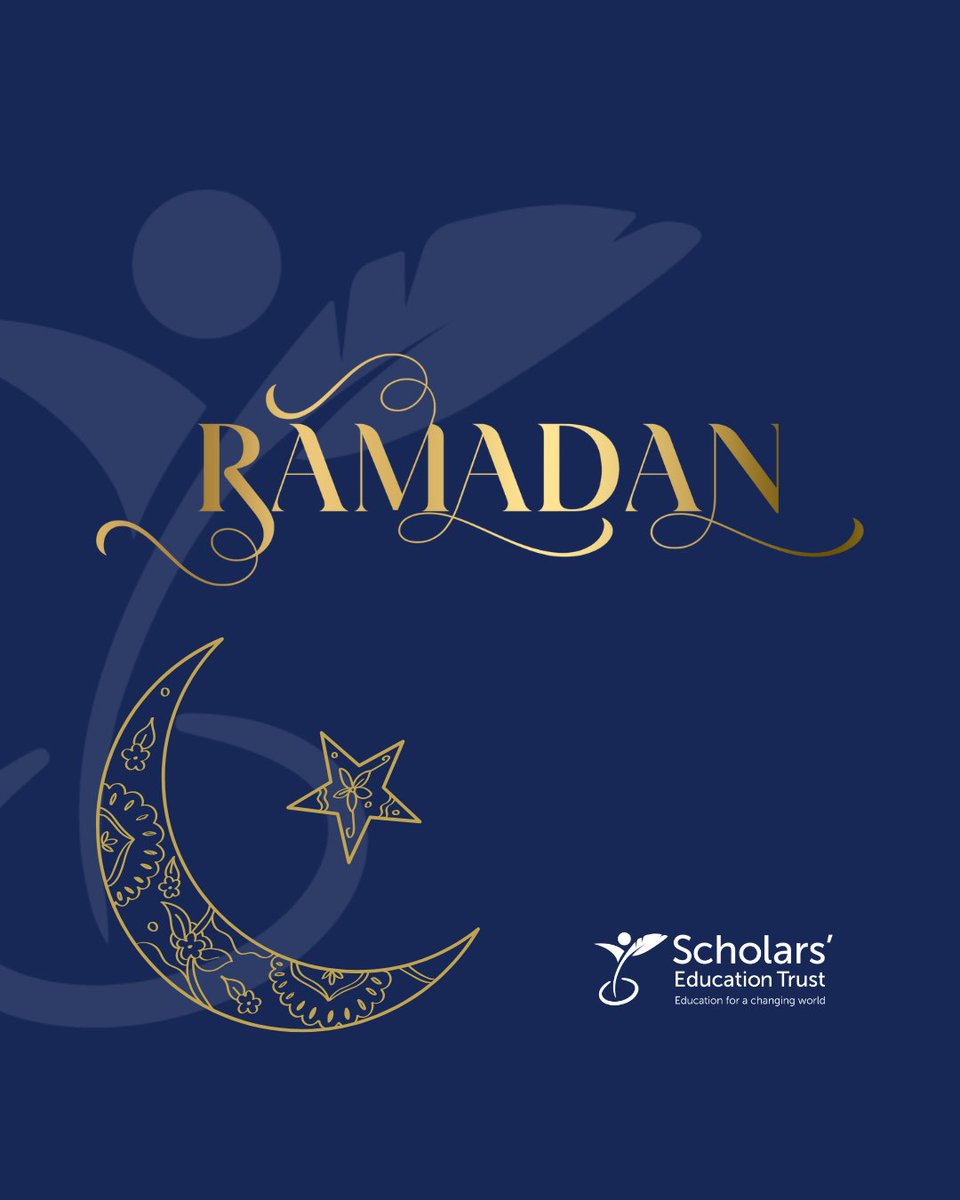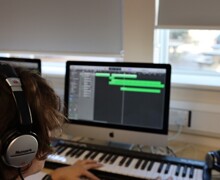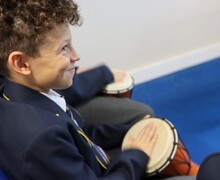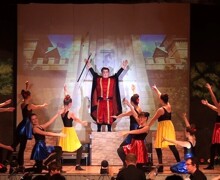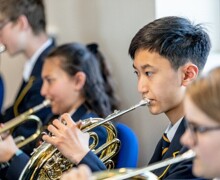Music
Music at Samuel Ryder Academy aims to produce the musicians of the future, both those who have a desire to work in the industry, and those who will continue to enjoy performing and enjoying music into their adult lives. All students, regardless of their ability, will achieve their musical potential, gain an understanding of a huge range of musical styles, develop the skills required to create and play on a range of instruments, and build on developing their key attributes that learning music supports.
EYFS & KS1
In Reception, children learn a variety of songs and build the ability to use their voices to sing and learn. They also learn to find the beat in music by clapping, dancing and learning actions to songs. Children improve their social awareness and learn to work in small groups with percussion instruments to accompany texts and poems and begin to create their own pieces.
In year 1, children build on the skills they developed in reception, working on singing, rhythm and using percussion instruments in small groups. They broaden their range with challenging songs, create more complex small-group compositions and start to learn key words to describe the music they are listening to.
In year 2, children start with singing, building on the skills they developed in year 1, before learning Christmas/Winter songs in the lead up to the holidays. After Christmas they are introduced to the glockenspiel and recorder, and in the process the basics of music notation (rhythms and pitches), scales and application of how music notation becomes sound.
|
|
Autumn |
Spring |
Summer |
|
Year 1 |
Fundamentals 1 - singing, rhythm and musical elements |
Djembe Drumming and African Songs |
Glockenspiel 1 |
|
Year 2 |
Fundamentals 2 - singing, rhythm and musical elements |
Glockenspiel 2 |
Recorders 1 |
KS2
Children in year 3 and year 4 perform using a range of instruments including recorder, glockenspiel, djembes, and ukuleles. They broaden their cultural knowledge, learn a range of musical styles and a number of songs in preparation for a range of performances.
In year 5 and year 6, children develop their use of digital technology and begin more advanced composition work using Garageband through the suite of iMac computers. They also develop their skills on the keyboards, learning melodies and chords of popular songs.
All year 5 children take part in the Young Voices event at the O2 Arena, and curriculum time is used to prepare the huge number of songs for this. This event raises aspirations by showing children what they can achieve with hard work in their musical studies as well as supporting several worthy charities through the event.
In the summer term of year 6, children perform a musical, and a large amount of the summer term is used to rehearse and prepare for this in collaboration with the year 6 teaching team as well as dance and drama. This allows students to develop their oracy skills through dialogue and singing as well as improving their leadership abilities as they take on more challenging roles.
|
|
Autumn |
Spring |
Summer |
|
Year 3 |
Fundamentals 3 and glockenspiel 3 |
Recorders 2 |
Keyboard skills 1 |
|
Year 4 |
Music from Africa and recorder 3 |
Keyboard 2 |
Ukulele 1 |
|
Year 5 |
Young Voices & Rounds |
Garageband composition 2 and Gamelan |
Ukulele 2 and Keyboard 3 |
|
Year 6 |
Garageband composition 2 and singing / boomwhackers |
Keyboard 4 & Singing in Harmony |
End-of-Primary Phase musical |
KS3
During year 7, students develop their musicianship through the study of different musical styles. They perform in pairs and small groups, using a range of instruments, to gain a deeper understanding of fundamental music theory, as well as developing their ability to read and write music. They delve into the music of different cultures in our ’World Music’ unit, as well as exploring the cultural and moral history of the blues and subsequent popular music genres. Students develop their musical skills using new technology and are introduced to Garageband software on the iMacs as well as several online music platforms, such as Teaching Gadget and Auralia. In year 8, students continue to expand their instrumental skills as well as exploring music programming as they compose film and popular music.
Through music in year 9, students gain a deeper insight into a range of musical styles as well as promoting higher order thinking in musical analysis, and in this way prepares students for studying music at Key Stage 4 and beyond. The course looks at the three main strands of music: performing, composing and listening. Students are encouraged to be curious about all styles of music and map out their own individualised musical learning journey. Practical work is at the heart of the year 9 curriculum, and students will further their instrumental skills as an individual and ensemble.
The areas of music that pupils study include:
- Popular music - from jazz and blues right through to music in 2019
- Film music
- Creating music using technology
- Song writing
- Performance Skills – piano, guitar, drums or your own instrument
- Arranging music
|
|
Autumn |
Spring |
Summer |
|
Year 7 |
World music, singing and keyboard skills |
Keyboard and ukulele skills |
Rock band and composition |
|
Year 8 |
Ukulele and keyboard performance and Film music composition |
Pop Covers and Songwriting |
Blues, Jazz and contemporary classical music |
|
Year 9 |
Ensemble skills and composition skills |
Keyboard skills, Songwriting & Bhangra |
Ensemble performance and Classical fusions composition |
KS4
The GCSE music (OCR specification) course helps students to fulfil their musical potential through involvement by performing, composing listening and appraising. It is a natural progression from KS3 and prepares students wishing to study music at A-Level. Students compose their own music, perform two pieces on their instrument, and listen to a wide variety of styles including pop music, film music, and music from around the world. They learn how to demonstrate aural perception, musical knowledge and understanding, and develop their performing and communication skills, creativity and their teamwork. They learn to become a reflective performer and composer, learning to think critically about their own creative production, and take steps to further their own musical development.
The GCSE music course covers the following topics:
AOS 2 – The concerto through time:
Baroque Solo Concerto / Concerto Grosso / Classical Concerto / Romantic Concerto
AOS 3 – Rhythms of the world:
India and Punjab, Eastern Mediterranean and Middle East, Africa, Central and South America
AOS 4 – Film music:
Music specifically for a film, western classical that is used in film, music composed for a video game
AOS 5 – Conventions of pop:
Rock ‘n’ roll, rock anthems, pop ballads and solo artists
GCSE Music Specification: https://www.ocr.org.uk/qualifications/gcse/music-j536-from-2016/
|
|
Autumn |
Spring |
Summer |
|
Year 10 |
Conventions of pop and solo performance, film and computer game music, ensemble performance |
Concerto through time and solo performance, rhythms of the world, ensemble performance |
Rhythms of the world, summative composition 1, solo / ensemble performances |
|
Year 11 |
Brief composition, solo and ensemble performance, exam techniques |
Free composition, solo and ensemble performance, exam techniques |
Final exam preparation |
Beyond GCSE
Students choose to study music at A-Level (AQA Exam Board), as well as participating in one of our many extracurricular clubs or following our Music Academy pathway.
A-Level music follows the same structure as GCSE music focusing on performing music, composing music and listening/analysing music. Students continue to develop their musicianship and work towards a 10-minute recital on their chosen instrument, as well as learning to compose more in-depth and stylistic pieces in both their free and brief composition projects. They also explore a wide variety of musical genres through developing their analysis skills, including classical, film and popular music.
Students that pursue the Music Academy pathway develop their practical musical through a series of weekly timetabled sessions, as well as workshops delivered by visiting professional musicians. They also work towards the Level 3 Arts Award Gold qualification which involves developing their own musicianship, as well as their leadership and oracy skills.
Wider Curriculum and Careers
We are proud to have an extensive all through extra-curricular program with a number of groups catering for a range of musical abilities and interests. These include:
- Year 2 and 3 choir
- Year 4, 5 and 6 choir
- Secondary choir
- Orchestra
- Chamber orchestra
- Brass ensemble
- Jazz band
- Beginner brass, woodwind and string groups
- KS3 rock band club
- Student-led rock bands
- Primary recorder group
Students perform in concerts and shows in school, as well as take part in exciting events outside of school. Recently, this has included the following events:
- Primary Christmas music showcases
- Music department Winter concert
- SET Trust concert at the Alban Arena
- Young Voices concert at the 02 Arena
- Grease (Secondary Production)
- Primary music Spring concert
- Year 9 showcase concert
- Summer performing arts showcase
- Oliver Jr (Primary Production)
Pupils also have the opportunity to take part in our SRA House Talent Show, in which performers from across the secondary phase take to the stage to try to earn points for their house.
To find out about instrumental and singing lessons offered through Hertfordshire Music Service, please see the following link: Music Lessons (hertsmusicservice.org.uk). For school-specific information, please refer to the letter downloaded on the following page: Extra curricular music opportunities at Samuel Ryder Academy
To view the current Extra Curricular Music Timetable and Events for 2025-2026, please see the following link: Extra curricular music opportunities at Samuel Ryder Academy.
Studying music offers students the opportunity to develop a huge number of skills and qualities which employers look for in many jobs and career pathways, including:
- Communication
- Memory and concentration
- Teamwork
- The ability to perform under pressure
- Self-discipline
- Critical thinking
- IT skills
- Planning and organisation
Music can also offer a variety of career paths into the world of work, some of which could include:
- Private music teacher
- Music therapist
- Teacher
- Media production assistant
- Media programme researcher
- Arts administrator
- Editorial/marketing assistant
Useful Links
- Wider reading
- The AB Guide to Music Theory Volumes 1 & 2
- ‘Classical Music for Dummies’ by David Pogue
- ‘The Story of Music’ by Howard Goodall
- ‘Big Bangs’ by Howard Goodall
- Wider listening















